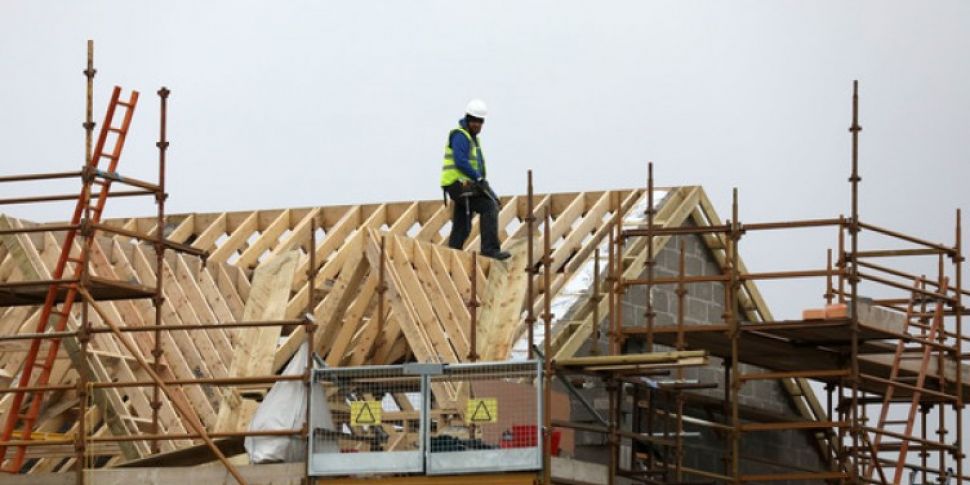An emergency by any other name

In early 2020, Ireland enacted emergency legislation to respond to the coronavirus pandemic. For a government, declaring a state of emergency is not an insignificant thing. Initial calls for the housing crisis to be declared an ‘emergency’ pre-date 2017. Arguably, many of the policy changes and legislation measures introduced since then have been in response to such an emergency. But the triage approach is not working. Is now the time for more radical emergency measures? According to one of Ireland’s most respected developers, the answer is a resounding ‘Yes’.
At a recent Construction Industry Federation conference in Cork, Michael O’Flynn reasoned that unprecedented actions were taken by the State in the past to deal with the banking crisis, and, more recently, the Covid-19 pandemic; now, emergency measures are needed to critically address Ireland’s housing crisis: “We need a similar approach to the housing crisis if we are to ramp up housing really quickly.” Such emergency measures must include the overhaul of current zoning, planning administration and infrastructure.
O’Flynn Group is currently completing more than 300 homes and 150 apartments in Cork, Dublin and Kildare, and a joint venture with JP McManus and John Magnier to build 5,000 homes on 250 acres in west Dublin was announced in recent weeks. This is a sizable chunk of the homes needed annually under the Government’s Housing for All plan (33,000 per year). According to the homebuilder, that plan has little chance of being realised without changes to the fundamental issues impacting the delivery of new homes. He estimates that Ireland has only two to three years’ supply of zoned land available, which is heaping pressure on land prices and adding to the cost and lack of affordability for home buyers and investors. He maintains that the amount of zoned land available at any given time should be twice what is expected to be needed, which flies in the face of the new Development Plan Guidelines rule that spare capacity should be no more than 20 to 25 percent. Unnecessarily slow planning is also blamed for the lack of delivery and for adding further costs to those homes that are delivered (time is money!).
Will the development community be satisfied with the Housing Minister’s latest ‘radical’ plan to solve the housing crisis? Over the past few days, the Minister has urged people “genuinely not to despair” about housing. He was responding to the latest CSO figures that show Irish property prices have climbed 13.5 percent year-on-year. These “radical measures” include grants for home buyers to develop vacant above-shop units, as long as they are going to live in the properties. If this particular initiative sounds familiar, it might be because every Housing Minister to date and every Junior Minister with responsibility for housing has promised this in some shape or other. Maybe this time will be different.
Ian Lawlor
086 3625482
Managing Director
Lotus Investment Group
